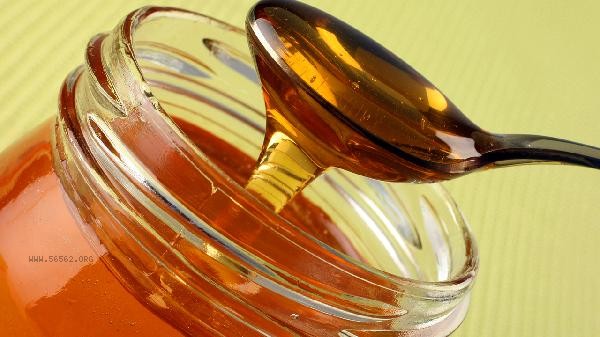After being burned, real honey usually undergoes a caramelization reaction, darkening in color and producing a special aroma, but high temperatures can damage some of the active ingredients. The main components of honey are glucose and fructose, which undergo Maillard reaction upon heating to form dark substances and flavor compounds. If continuous high-temperature heating may produce a small amount of harmful substances, it is recommended to avoid prolonged high-temperature treatment. Enzymes, vitamins, and other heat sensitive components in honey, such as amylase and glucose oxidase, gradually become inactive when the temperature exceeds 60 degrees Celsius. Short term burning may cause local carbonization, but it will not completely destroy the nutritional value of honey. Caramel honey increases its viscosity and sweetness, making it suitable for use as a baking seasoning or spreading sauce. When honey is directly burned by an open flame and the temperature exceeds 200 degrees Celsius, compounds such as hydroxymethylfurfural may be produced. These substances do not affect health in trace amounts, but long-term excessive intake may pose potential risks. Industrial processing of honey often involves temperature control through pasteurization, making it difficult to accurately control temperature during home fires, which may accelerate the loss of nutrients. Honey, as a natural food, should be stored in a cool place and avoid direct sunlight during daily storage. If heating is required, it is recommended to keep the temperature at a different level and increase the temperature to retain more active substances. Special groups such as diabetes patients and infants under one year old should control their intake, and spoiled honey should not be eaten when there are abnormal phenomena such as alcohol taste and bubbles. Reasonable use of burnt honey can create special flavors, but it should not be consumed as a regular way.











Comments (0)
Leave a Comment
No comments yet
Be the first to share your thoughts!